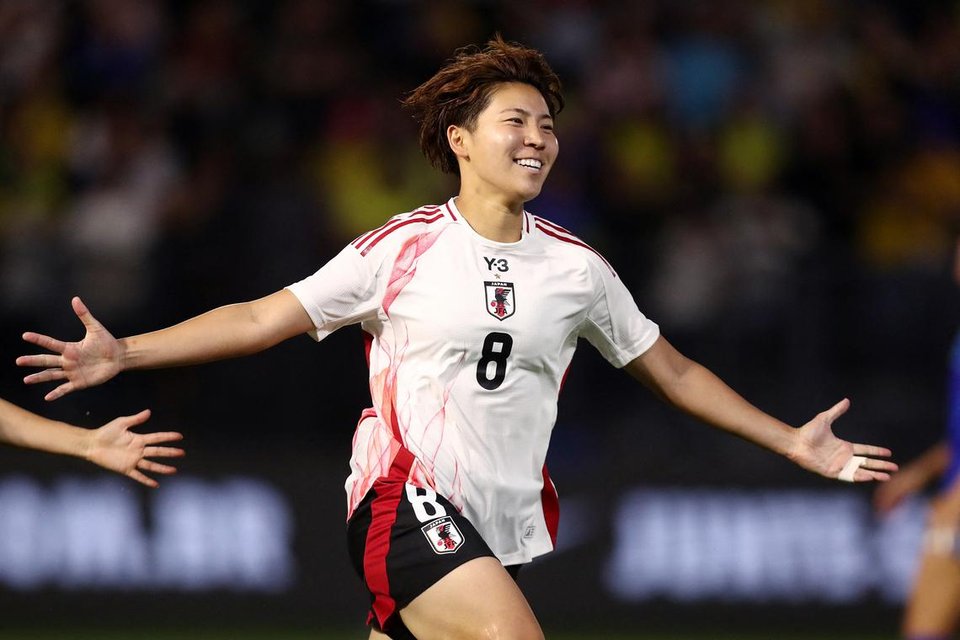Women’s football will feature more teams than men’s at the 2028 Los Angeles Olympics, expanding from 12 to 16 nations—the first time in Olympic history women’s football surpasses men’s in participation.
In Europe, the women’s game has grown rapidly, with some clubs drawing bigger crowds and more revenue than men’s teams. This contrasts with Japan’s WE League, launched in 2021, which is still developing. The league, meaning “women’s empowerment,” has struggled with attendance and finances but is working to improve through collaboration with the J-League and Japan Football Association.
European enthusiasm peaked during the 2022 UEFA Women’s Champions League, where Barcelona set world attendance records with over 91,000 fans at Camp Nou. Barcelona’s women’s team, professional since 2015, earns around €23 million annually, rivaling top men’s clubs in Japan, thanks to strong marketing and investment.
Judit Farre, head of Barcelona’s women’s operations, says women’s football is now a serious business opportunity, with plans to expand into markets like Japan. Meanwhile, the WE League, led by J-League Chairman Yoshikazu Nonomura since last year, aims to grow its fanbase and stabilize financially, despite still relying on subsidies.
The league averaged 1,723 spectators in 2023-24 but hit a record 21,524 at the WE League Cup final after joint promotions.


